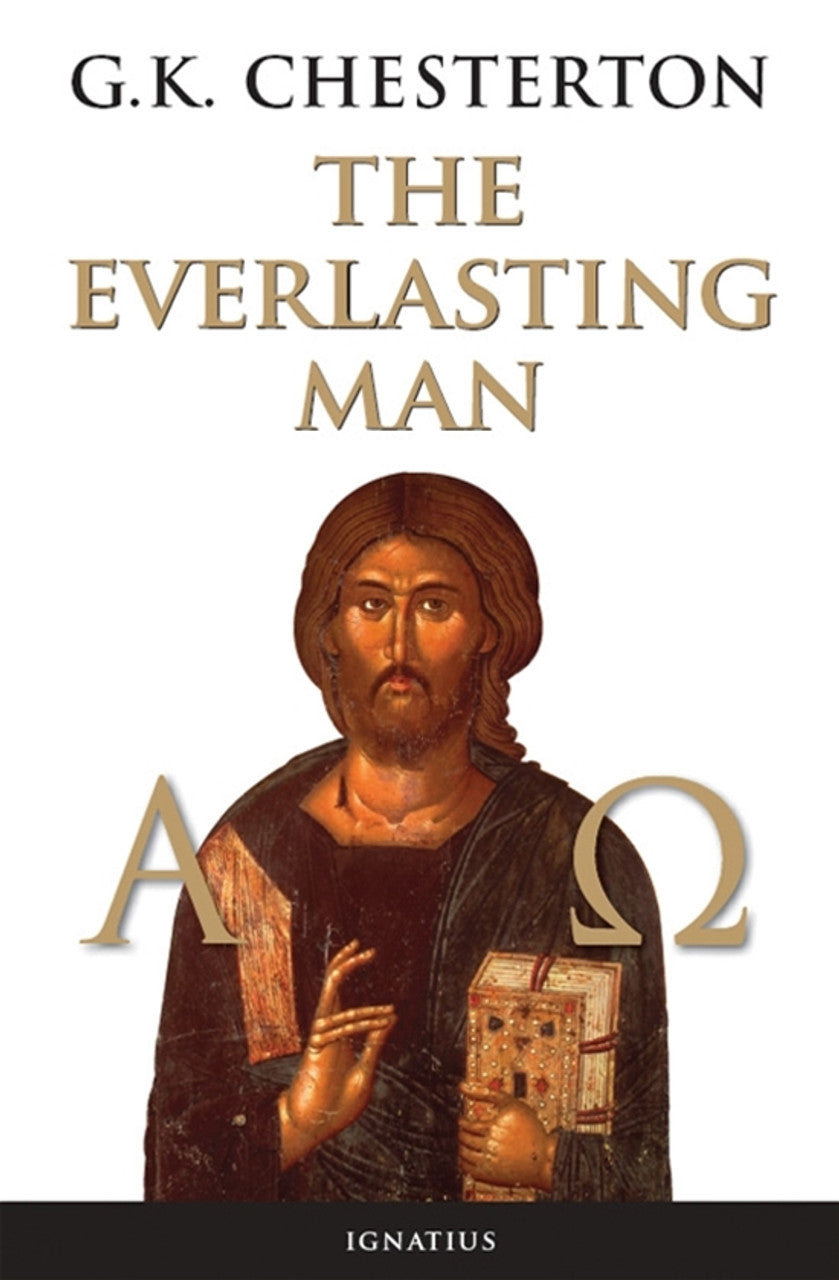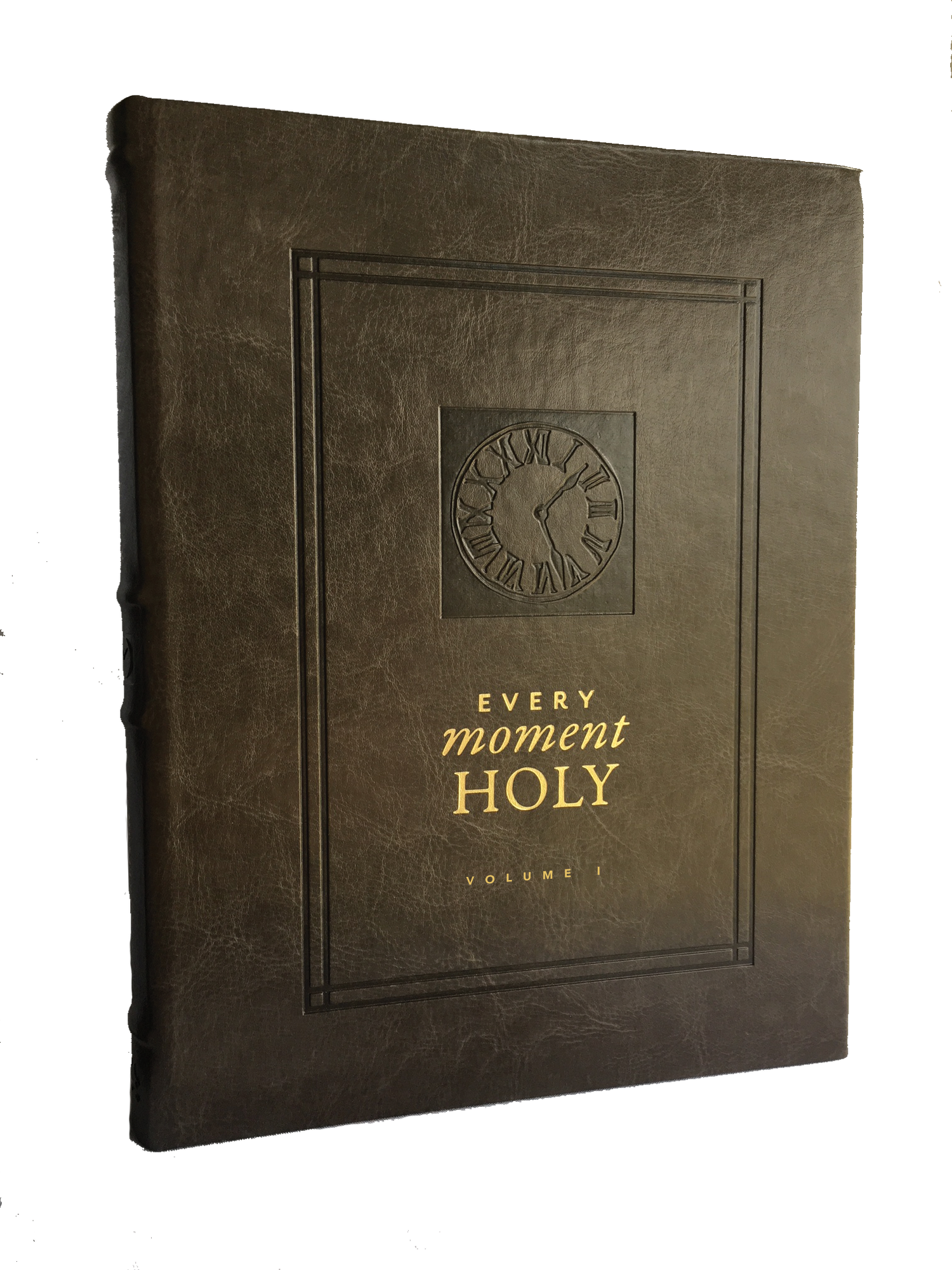The Everlasting Man
The Everlasting Man
Regular price
$16.95
Regular price
Sale price
$16.95
Unit price
per
Couldn't load pickup availability



